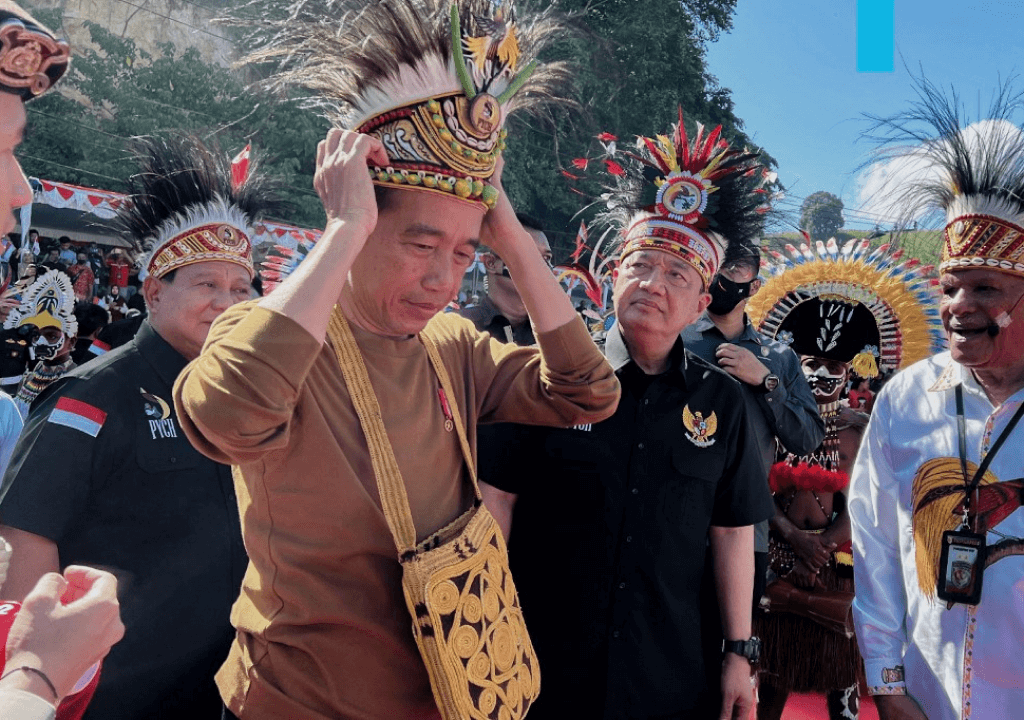A momentous global election season is underway, as numerous democracies prepare to choose their heads of state in 2024. Among these pivotal elections, Indonesia’s presidential election in February 2024 emerges as a key event. Indonesia is on the brink of a significant political transition as President Joko “Jokowi” Widodo plans to retire in October. As the world’s third-largest democracy and the fourth most populous country, Indonesia will choose their new leader to nurture ambitious visions for the future, encompassing plans to relocate its capital and position itself as a global leader.
Primary figures in the presidential race comprise Defense Minister Prabowo Subianto and Gibran Rakabuming Raka, serving as the candidates for president and vice president, respectively. Another prominent contender is the former education minister and ex-Jakarta governor Anies Baswedan, who is running alongside Muhaimin Iskandar, the chairman of the National Awakening Party (PKB). Furthermore, the pair of former Central Java governor Ganjar Pranowo and Mahfud MD, the country’s coordinator for political, legal, and security affairs, contributes to the varied array of candidates.
Defense Minister Prabowo Subianto, former Central Java Governor Ganjar Pranowo, and former Jakarta Governor Anies Baswedan offer a departure from the political dynasties and ex-military figures with roots in the Suharto era that have traditionally dominated Indonesian politics. These candidates are vying to succeed two-term President Joko “Jokowi” Widodo. While Jokowi has not formally endorsed any candidate, the clear preference is discernible with Gibran serving as Prabowo’s running mate.
With Prabowo Subianto emerging as the front-runner in the presidential race, the selection of President Joko “Jokowi” Widodo’s son, Gibran Rakabuming Raka, as his running mate solidifies Prabowo’s standing as the heir presumptive. Nevertheless, concerns have arisen regarding the involvement of state institutions and a last-minute Constitutional Court ruling permitting Gibran’s candidacy, prompting uncertainties about the trajectory of Indonesia’s democracy.
With over four-fifths of Indonesia’s current parliament consisting of coalition parties, there is limited room for opposition representation. The upcoming leaders of Indonesia will confront various geopolitical challenges, particularly in managing Jakarta’s relationship with Beijing. Under Jokowi’s administration, the relationship with China has peaked, with the high-speed rail project serving as a notable example. However, for some Indonesians, this closer association has sparked concerns about potential debt traps and the influx of Chinese workers. Indonesia’s ambitious plans to relocate its capital to Nusantara in Borneo add complexity to the political discourse. This mega project, estimated to cost over $30 billion, introduces another layer to the ongoing political narrative. While contenders Ganjar and Prabowo express dedication to building Nusantara, Anies has voiced criticism regarding the proposed smart city.
There were significant protests posing a threat to democracy in Indonesia. In 2020, protests erupted across multiple cities in response to the job creation law, with concerns rising about its potential impact on worker rights. In 2019, Indonesians expressed dissent against a new law that weakened the Corruption Eradication Commission (KPK). Concurrently, the revision of the MK law aligns with the court’s responsibility to resolve potential election disputes this year.
While an increased presence of opposition in Indonesia’s parliament could raise the standards for passing laws, the report notes the persistent underrepresentation of women in electoral politics, despite the imposition of a 30 percent gender quota for steering committees and candidates within political parties. This highlights the ongoing challenges in achieving a more inclusive and representative political landscape in Indonesia.
Growing concerns arise over the mounting pressure on Indonesian democracy, characterized as the most intense since the end of the Suharto era. Despite Indonesia’s successful democratic journey since the conclusion of the New Order dictatorship in 1998, there is now apprehension regarding the potential erosion of its democratic achievements. Indonesia stands at a crossroads as a democratic country, with religious fundamentalism and regionalism reaching a peak in the coming years. The decisions made by the rulers will determine the future of this nation.








